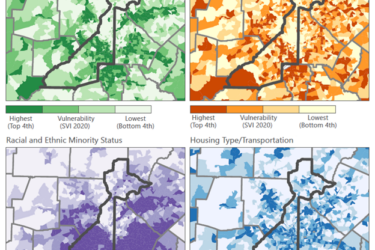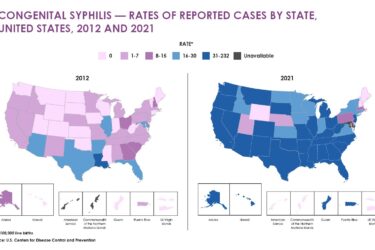
This might not seem specific to social determinants of health, but machines that can be trained in health information may become gatekeepers of the future. If the artificial intelligence and medicine intersect successfully, the result could prove lifesaving for people whom social factors leave at a disadvantage.
To grasp the importance, imagine living an hour or two-hour drive from the nearest emergency room or urgent care. How do you determine if a child with a fever or worrisome symptoms needs to be seen and that you should make the drive? A machine that has been trained on diagnostics could provide a step-by-step screen via a smartphone or online connection, helping with the decision making process.
Other potential uses of this technology include for triage in emergency rooms and urgent care or even for garden-variety telehealth. The questions that arise are whether or not all parties involved would give and receive the quality of care they would otherwise experience and, of course, what margin of error exists for dangerous or potentially fatal mistakes.
The Patient-Centered Outcomes Research Institute has devoted part of its website to addressing crucial issues in telehealth and the potential upsides and downsides. What the site does not yet dig into is how artificial intelligence will play into the delivery of telehealth, especially to under-resourced populations. That’s in part because machine learning and AI are just now touching the realm of possibility when it comes to distance diagnostics.
A study published Feb. 11 in Nature Medicine offers a proof of concept, using electronic health records for thousands of children. Human doctors gleaned keywords from these records, researchers taught the terms to an AI system, and the system then chose from 55 possible options to diagnose from records for another 567,498 children. The accuracy of the process was quite high, 95 percent for the most common condition.
That’s a starting point. It remains to be seen where AI will go when it intersects with telehealth, but quite a few studies are in the works, and their results will be a turning point for health access. It’s definitely an area worth tracking for any health journalist.









